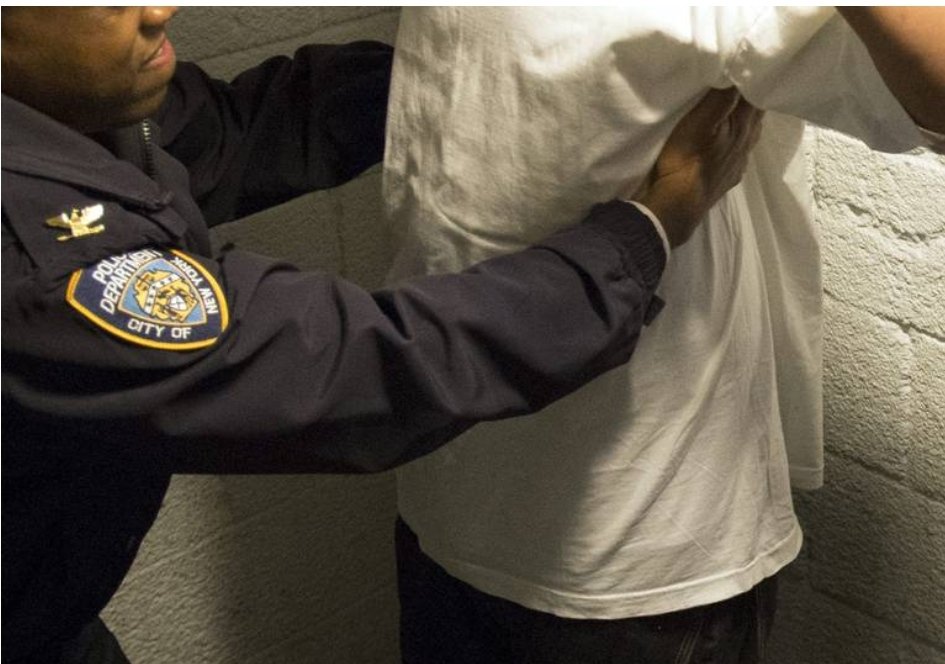NYPD stop-and-frisks remain problem despite federal monitor, say civil rights leaders

The New York Police Department (NYPD) continues to underreport officers’ stop-and-frisks, which still improperly target minorities, civil rights attorneys charged Saturday after the latest update from the department’s court-appointed federal monitor.
“Despite all the reform efforts that have been made by the NYPD over the last eight years … the same problem still exists: There is still a racial disparity in who gets stopped,” said lawyer Jonathan Moore of the Center for Constitutional Rights.
“The sad fact is that in the city of New York, eight years after the finding of liability by the court, the NYPD is still engaged in racial profiling.”
His response came after the release of a 161-page quarterly report from a federal monitor who found the department needed “additional steps to address the issue of underreporting for the (NYPD) to be in compliance” and called for supervisors to more strictly enforce policies to prevent improper stops.
The report further noted the department failed to impose “meaningful discipline” in cases where it was determined its officers conducted unconstitutional stops and frisks.
“The NYPD cannot solve a problem when it does not understand its scale,” said Center for Constitutional Rights senior staff attorney Omar Farah.
“And just like prior reports, that widespread underreporting exists, possibly masking significant, ongoing racial disparity.”
Overall, the department has achieved a 92% percent level or full or partial compliance with the requirements established by court orders and recommendations by the court-appointed monitor.
NYPD Commissioner Keechant Sewell responded in a statement saying the department will continue to work toward full compliance.
“The NYPD appreciates the work of the Monitor and our collaboration toward the shared goal of meeting the bar on these important reforms,” Sewell said.
“We have come a long way together and accomplished a great deal, but there’s still work to be done.”



